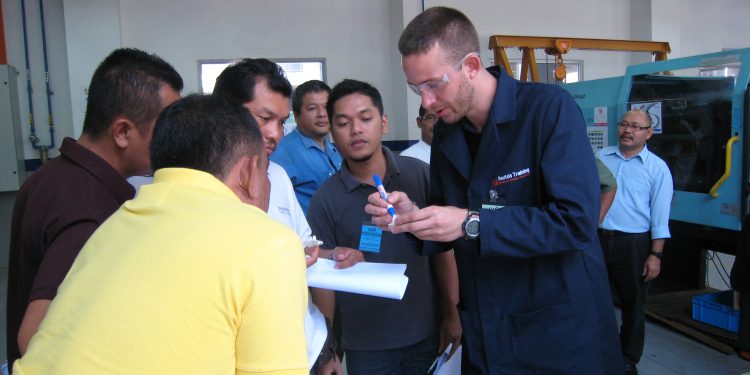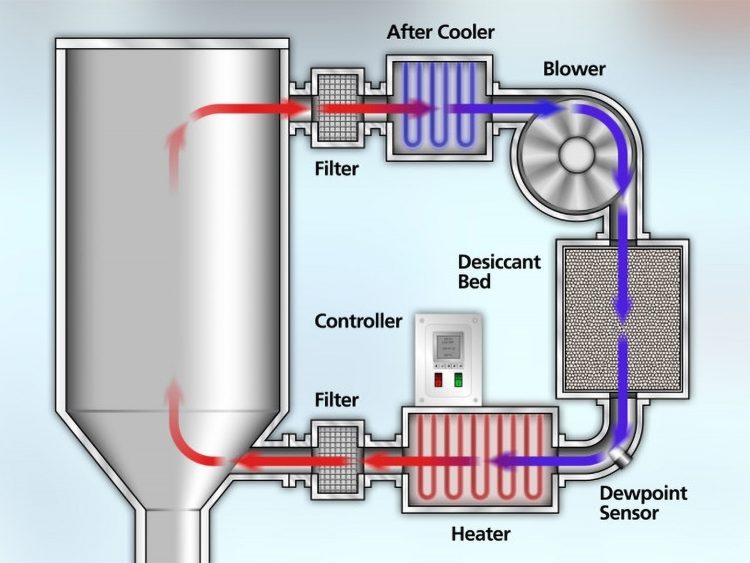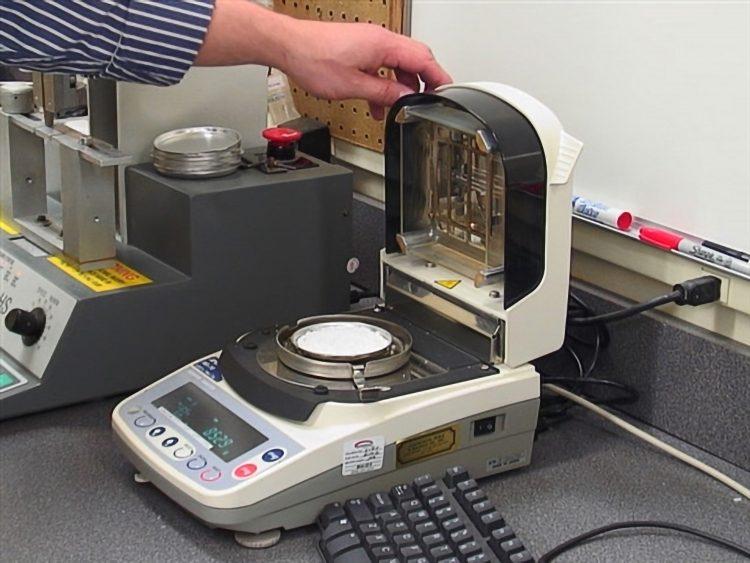As discussed in our previous posts, technicians are the key to implementing sustainable change. This is undeniably true. You need competent techs to succeed. And managers that insist otherwise are simply finding excuses for maintaining the status quo. We hear it all the time: “You don’t understand, it’s different here… we don’t have a lot of people to choose from in our area!” The truth is, you’re not alone: Finding and keeping talented techs is a challenge for companies all over the world.
A contributing factor is this challenge is the fact that there are fewer and fewer publicly-funded avenues to develop the technical skills that we need in our industry. Many vocational schools, community colleges, and training centers are still using very outdated materials to teach plastics, assuming they are teaching plastics at all.
Furthermore, a significant percentage of our skilled workers will retire in the next few years, further reducing the available technical talent pool. There is a famous book that came out a few years ago called Lost Knowledge that describes the nightmare of losing key workers and relying on just a few key techs.
To make things more difficult, these key technicians are often overworked get burnt out: You’ll notice their productivity declines and tasks tend to drag-out. And these employees ultimately take more sick time, move on to another company, or retire earlier than planned. The knowledge is lost — at least to you.
Rising to Meet the Challenge
Once management accepts the need for new talent, they must look for ways of acquiring it. The choices here are pretty simple: You can poach employees from your competitors, or develop talent in-house.
Poaching
If you do find a good technician who works for someone else, you typically have to overpay to steal them from their current employer. Here’s the simple truth: If you can poach a talented tech from another company, then someone else can poach them from you. It’s not a sustainable solution.
In-House Training
The best long-term solution to obtaining competent technicians is to train and develop them in-house. You already have a reliable employees who know your customers’ parts, the quality requirements, your in-plant documentation, and your company culture. These people need to be trained and developed into competent and capable technicians. With the proper training, many of these people can become your materials handlers, die setters, and process techs.
For over 30 years, Routsis has been helping plastics manufacturers all over the world develop and retain skilled employees. Take advantage of our experience and unique services — and help your company achieve meaningful, lasting, positive change with a commitment to constant improvement.
We are proud to offer RightStart™ — our flagship training service that delivers a complete, customized in-house training solution. Please contact us: We are happy to discuss practical, effective ways for you to acquire and develop talent at your facility.


